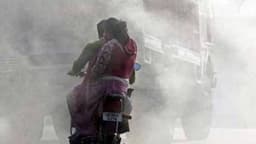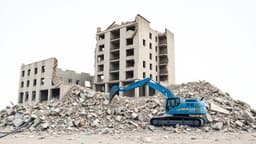Home / Health / Pune Region Deploys Night Squads to Enhance Nighttime Hospital Care
Pune Region Deploys Night Squads to Enhance Nighttime Hospital Care
18 Nov, 2025
Summary
- New night squads launched to monitor hospitals in Pune, Solapur, and Satara
- Aim to ensure doctors, nurses, and emergency services are available at night
- Hospitals have 40% occupancy at night, many patients referred to other facilities

On November 18, 2025, the Public Health Department launched a new initiative to enhance healthcare services during nighttime hours across the Pune region. The department has formed district-level and regional-level night squads to monitor government hospitals in Pune, Solapur, and Satara districts.
Each district will have three squads, while the region will have two. Each squad will comprise a Class One doctor and a healthcare staff member from the National Health Mission (NHM) program. Their responsibility is to ensure that doctors, nurses, and emergency services are available and functioning during the night.
This move comes in response to officials noting low bed occupancy in these hospitals, around 40%, and a growing trend of patients being referred to other facilities, especially during late-night hours. Health authorities highlight that most deliveries, trauma cases, and accident victims arrive at hospitals at night, but the lack of staff during these hours often causes treatment delays, putting patients at risk.
The deputy director of Health Services for the Pune Region, Dr. Bhagwan Pawar, described the initiative as "first-of-its-kind," aimed at improving occupancy at public hospitals, strengthening night-time healthcare services, and reducing unnecessary patient referrals. The Pune region has a vast network of healthcare facilities, including three district hospitals, nine sub-district hospitals, and over 300 primary health centers, with a total indoor bed capacity of around 4,000.
Dr. Pawar emphasized that the initiative is not just about occupancy figures, but ensuring that night services are fully functional so that no patient suffers due to a lack of treatment during the critical "golden hours" when emergencies occur.




